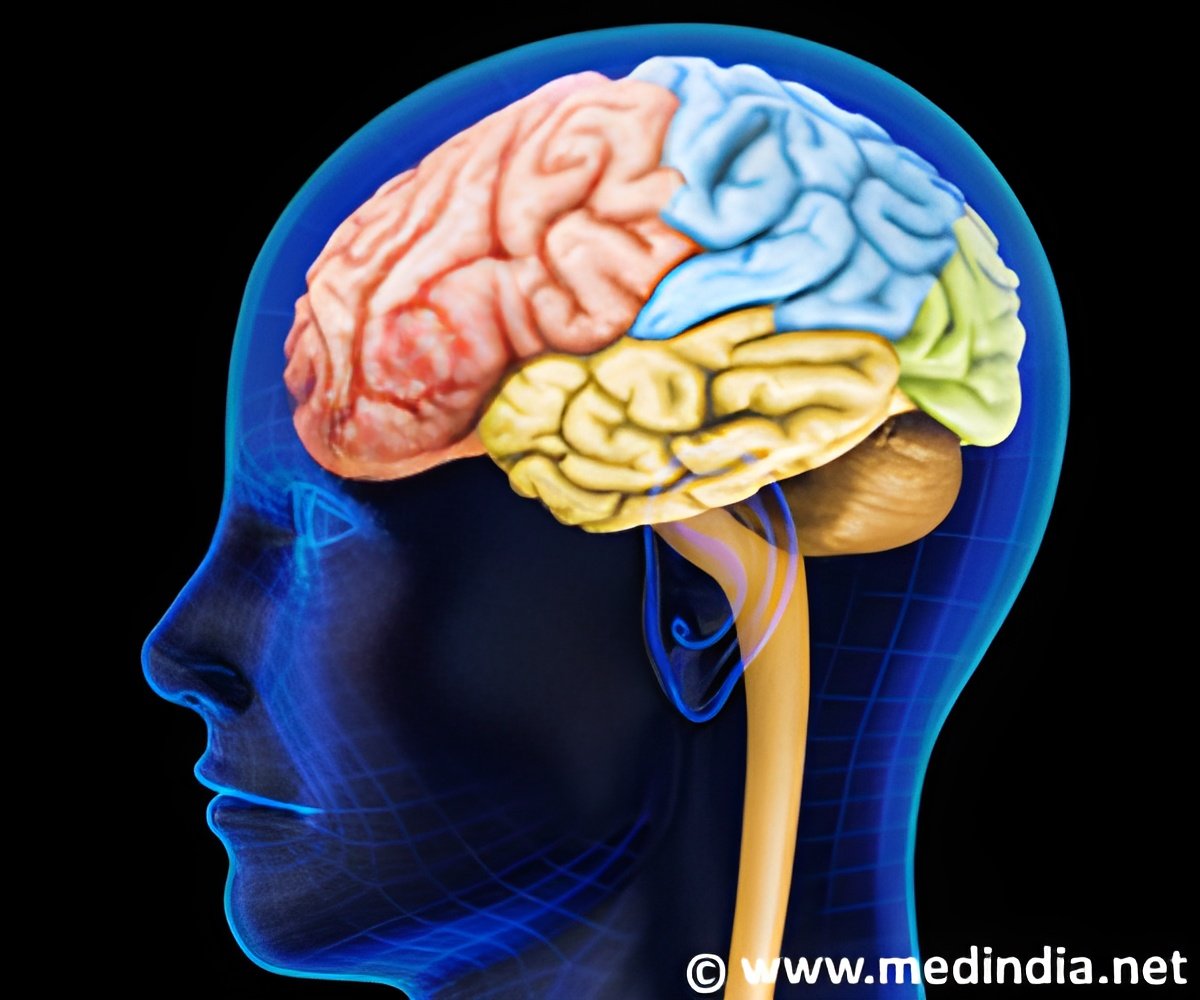Oligodendrogliomas and Astrocytomas are subtypes of a brain cancer called 'glioma'.

"This frequent and highly specific mutation immediately aroused our attention as immunologists: In the cancer cells, the exchange of amino acids lends the protein novel properties that can be recognized by the body's own immune cells," says Prof. Dr. Michael Platten, who heads the Clinical Cooperation Unit "Neuroimmunology and Brain Tumor Immunology" at the DKFZ; he also works as a senior consultant in the Department of Neurooncology of Heidelberg University Hospital.
No other type of tumor displays the same mutation with such frequency. The mutant protein can reliably be detected using a highly specific antibody developed by Prof. Dr. Andreas von Deimling, a neuropathologist at the University Hospital and the DKFZ. This form of IDH1 is present on the surface of all tumor cells and is completely specific to the tumor. "This suggested that we might be able to use a vaccine to alert the patient's immune system to mutant IDH1, fighting the tumor without damaging healthy cells," Platten explains.
In collaboration with a team of physicians and scientists from Heidelberg University Hospital, DKFZ and the Universities of Mainz, Tübingen and Hamburg, Platten and his co-workers have now made the first successful step toward a vaccine that specifically targets the mutation in the tumor.
The researchers constructed an artificial version of the segment of IDH1 with the characteristic mutation using individual amino acids. This version of the peptide, which consisted of 15 building blocks, exactly matched one of the presentation molecules on the surface of the tumor cells. This is essential, because immune cells only respond to a target that is presented on so-called "MHC molecules" on the cell surface. If there is no such matching presentation, the body will not amount an immune response.
To draw conclusions about the human immune system from the vaccination experiments, the researchers used mice whose cells were equipped with human MHC molecules. "After vaccinating the animals with the peptide, we were able to detect immune cells and antibodies that specifically recognized the altered IDH1 of tumor cells rather than the normal form of the enzyme in healthy cells," says Dr. Theresa Schumacher, first author of the study.
"In some patients with low-grade glioma we also found spontaneous immune responses against altered IDH1," Platten says. "This is a good sign; it suggests that vaccinations based on the peptide can in fact support the body's own immune system in fighting cancer cells." This gives a "vaccination therapy" good chances of success, according to the Heidelberg physicians. In a clinical trial scheduled to start early next year, with the support of the German Consortium for Translational Cancer Research (DKTK), they plan to examine the safety of the vaccine against gliomas based on mutant IDH1 in human patients, for the first time.
Source-Eurekalert
 MEDINDIA
MEDINDIA


 Email
Email










